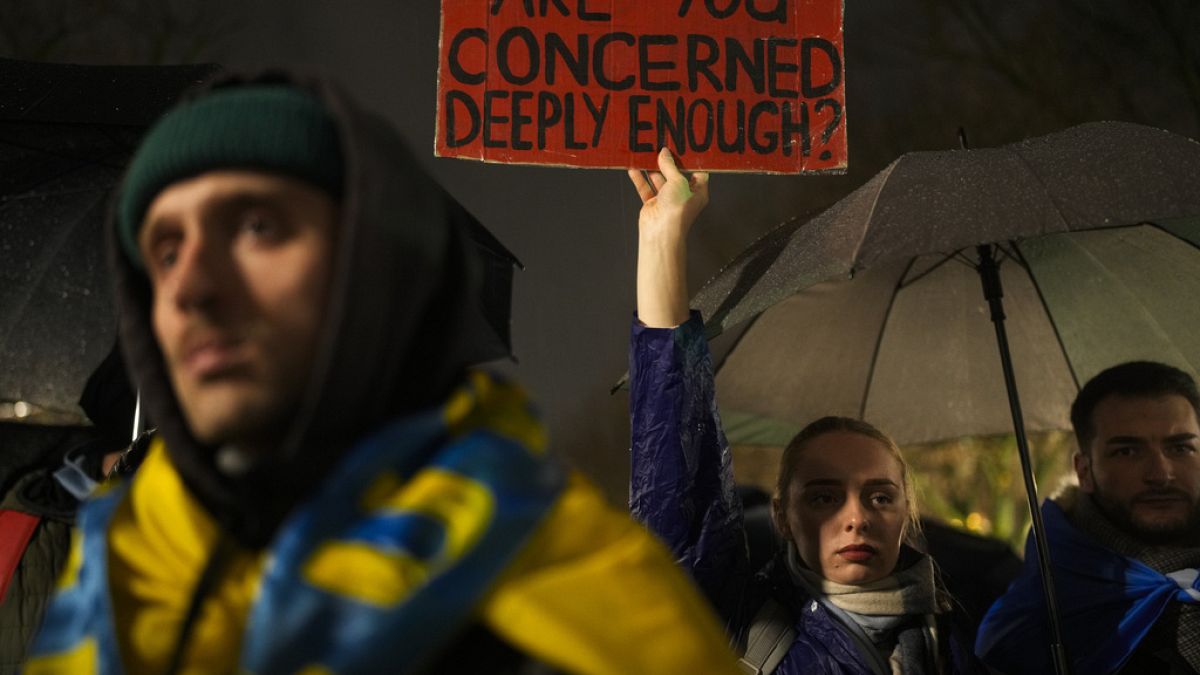Nelson’s mayor has shut down a community’s plea to speak about controversial airport extension plans due to the legal risk it could have for council.
Emotions were running high at the public forum of Tuesday’s joint committee of the Nelson and Tasman councils.
Three speakers wished to discuss Nelson Airport and its contentious proposal to extend its runway, but one was barred from presenting while another speaker was cut off during their presentation.
Even before they spoke, elected members debated whether they should be able to present.
The meeting was then closed to the public while the committee took advice on whether the presentations should go ahead.
Nelson Airport’s runway extension would have several impacts on the Tāhunanui community, including extra rules for development in some areas, a small increase in noise, and a re-configuration of a neighbouring golf course.
Given the extent of the effects on Tāhunanui, the chair for the suburb’s business and citizens association wanted Nelson City Council to advocate on behalf of the community.
“Right now, we feel we are … being thrown under the bus,” said Jacinda Stevenson.
“It would appear that no one recently … is looking after Tāhunanui’s interests and working to facilitate and support growth in our beachside community.”
The association claimed that Nelson Airport has not adequately engaged the community and it wanted a more explicit requirement for the company to positively engage with residents.
Nelson Mayor Nick Smith said the issues raised by Stevenson were “absolutely critical”.
However, he said that the hearing was the place for the association to raise its views on the runway extension, not the committee meeting.
Nelson City Council, a 50% shareholder of the airport, has delegated its ability to oversee the runway extension proposal to an independent panel of commissioners.
More than 500 submissions were made on the proposal, known as Private Plan Change 30, and a subsequent hearing has taken place, with commissioners currently deliberating those submissions. Their recommendation is expected later this year.
Smith said if the council heard the opinions of some, but not others, it would undermine the quasi-judicial process and open the council up to legal challenge.

Smith ended Stevenson’s presentation after she mentioned the airport runway extension for the second time.
“It’s not proper, and it’s against the advice that we’ve received, for you to be able to use public forum to raise issues that are before those hearings panels. It’s about fair process.”
He added that it would be “unlawful” for the airport to engage in discussions about the plan change with the community once its application was lodged.
Steve Cross, chair of the Tāhuna Beach Camp, was barred from speaking by Smith because his presentation commented extensively on the runway extension and its impacts, while also being in breach of council’s rules that presentations are not “disrespectful or offensive”.
The status of more than 100 of the camp’s long-term residents are impacted by the runway extension proposal due to a bureaucratic technicality.
Similar to Stevenson, Cross said he wanted to advocate for “good neighbour” provisions to be written into the upcoming statement of expectation between the councils and its holding company for the city’s port and airport companies.
Cross’s presentation has been rescheduled for a February joint committee meeting – before the statement of expectation is adopted, but after the hearings panel has made its recommendation – to not “prejudice” the process.

Lewis Solomon, chair of the Nelson Airport Noise Action Council, gave his presentation unimpeded as it did not reference the ongoing plan change process.
He also called for the airport to “act in good faith” when it deals with residents, specifically in relation to noise limits.
Later in the meeting, councillor Rachel Sanson asked about the possibility of having a “good neighbour” policy in the statement of expectation.
Nikki Harrison, Nelson City Council’s group manager corporate services, said that such a policy was likely to be “pretty nebulous” and difficult to define.
Later in the meeting, Smith also directed Nelson Airport board chair Quinton Hall not to mention the plan change after he brought it up during the airport’s six-monthly update.
Local Democracy Reporting is local body journalism co-funded by RNZ and NZ On Air













